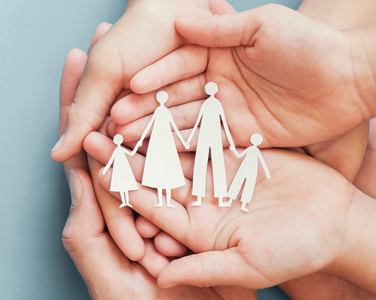Unmasking Mental Health
Mental Health Week in Canada runs the first full week in May, with this year's theme being "Unmasking Mental Health."
The societal stigma, judgment, and discrimination surrounding mental health and substance abuse challenges can weigh heavily on individuals. To avoid this, people may feel the need to "mask" or hide their struggles. However, the more they hide, the more isolated they feel. Some become so adept at masking that they aren't even aware they're doing it.
What Does Masking Look Like?
Some examples of masking include:
- Putting others' needs first - common in women and girls
- Toughness - common in men and boys
- Appearing emotionless
- Experiencing physical symptoms such as headaches or tiredness after interacting with others
- Words dont' match how one is truly feeling ("I'm fine")
- Using humour to put oneself down
- Worried about saying or doing the wrong thing
Canadians are encouraged to see the whole person rather than the mask. Let's break down barriers and foster honest, open conversations where everyone feels safe and secure. Everyone has the right to be themselves and "unmask."
How Can you Help Others Unmask?
Some ways you can help fight the stigma and discrimination of mental health and substance abuse challenges include:
- Normalize mental health and substance abuse challenges through open dialogue
- Take the lead-share your personal experiences
- Learn and listen honestly and openly
- Allow people the time and space to genuinely open up
- Speak up against discrimination and judgment surrounding mental health and substance abuse
"The more we all work together to fight stigma, challenge the idea of normal, and foster open conversations, the easier it gets for people to be who they are without fear (Canadian Mental Health Association [CMHA], 2025, p.2)" #UnmaskingMentalHealth
- Article courtesy of MFS NCR






